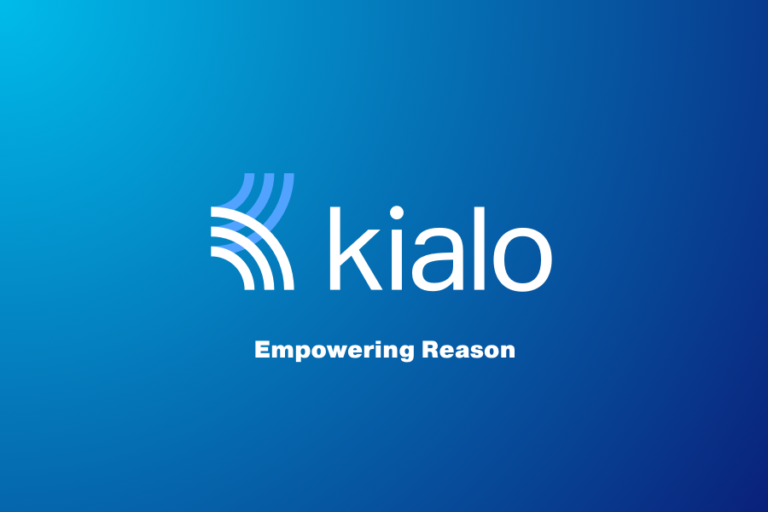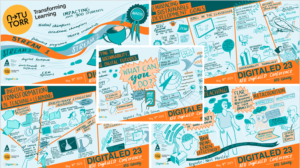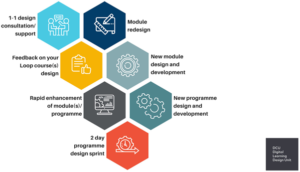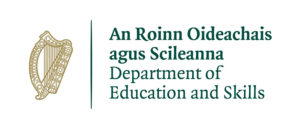GMIT’s onsite, flexible learning religious studies programmes are currently being redeveloped into and recast as four new blended learning programmes.
The challenge of successfully transitioning the content of an onsite-delivered, discursive, exploratory discipline into modes of online delivery that will facilitate both the nature and integrity of the discipline and its appropriate pedagogies is substantial.
Information qua information is (relatively) pliable and manipulable, and thereby, in principle, deliverable in a variety of modes—without compromising the integrity of the information or its pedagogy. But is the same true of exploratory discussion—and, moreover, exploratory discussion which often touches on existentially significant aspects of the self-perception/life/ worldview of the discussants? What is being sought for the religious studies redevelopment, thus, is software that will both facilitate and enable complex and sensitive discussion of this nature.
Kialo (https://www.kialo-edu.com/) is described as “an easy to use, yet powerful tool [enabling students] to engage in thoughtful discussion [and] understand different points of view … [and which helps] with collaborative decision-making.” I was optimistic.
The design is uncluttered and the introductory material clear and engaging and—not always the case with introductory material—detailed and easy to follow. Via samples and videos, it was easy to see the debate structure and process which Kialo offers—fundamentally, a pro/con, interactive, click-through, nested tree structure. The user interface is easy to grasp and appears straightforward to work with. Kialo claims that it will enable educators to host classroom debates, facilitate thoughtful collaboration, assess learning, explore complex issues, and promote well-reasoned discussion online. A considerable set of claims. In principle, all this should have been music to my ears, but the longer I explored Kialo the more apparent its limitation—at least for my particular need—became clear. Kialo is designed for dialectic debate and for the dialectical refinement of argument (both goods in themselves, where appropriate). However, my own teaching experience (and, indeed, the history of religions!) indicates that an oppositionalist approach is not the most fruitful mode of engagement for this particular discipline. Given the concerns outlined above about sensitivities regarding the self-perception/life/worldview of discussants, software that advocates “attack” as a mode of engagement (Kialo’s own characterisation for (at least some of) its argumentation dynamic) is not the software I’m seeking.
Kialo is certainly worth investigating. There is a lot to be said for what it offers, and I can see additional uses for it (other than what I sought it out for initially) in the religious studies programme redevelopment. I will keep exploring it but, for the moment at least, I am still in search of my software holy grail.











